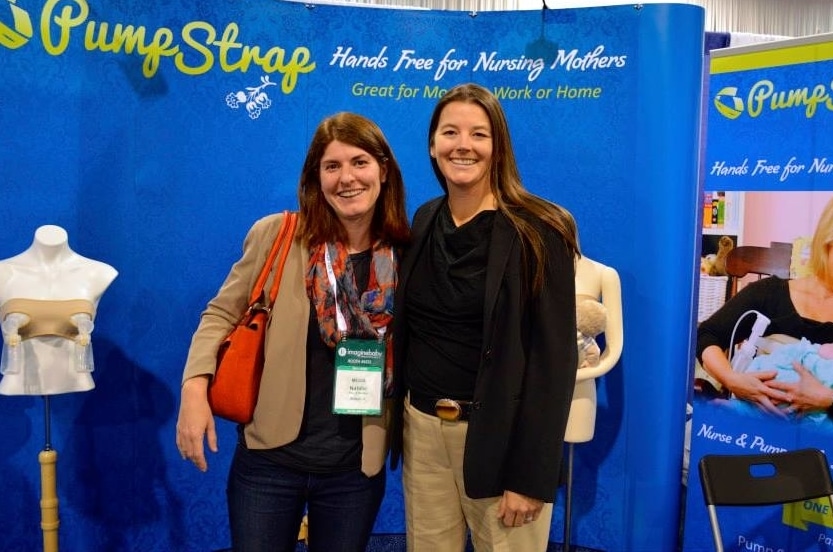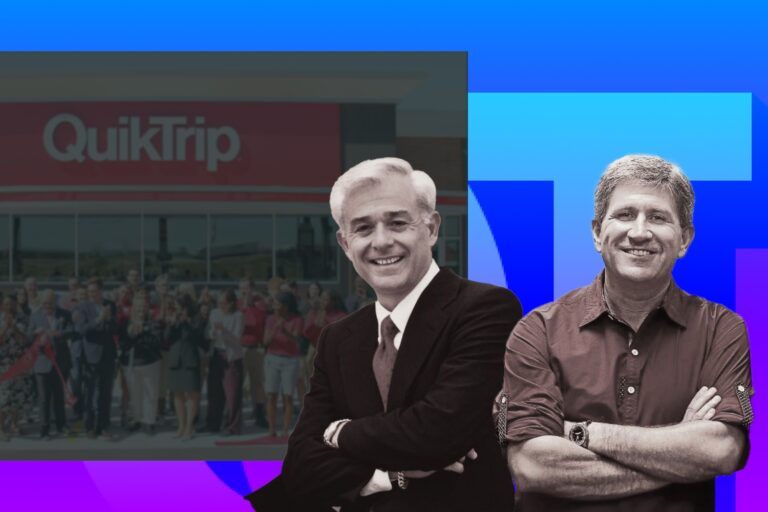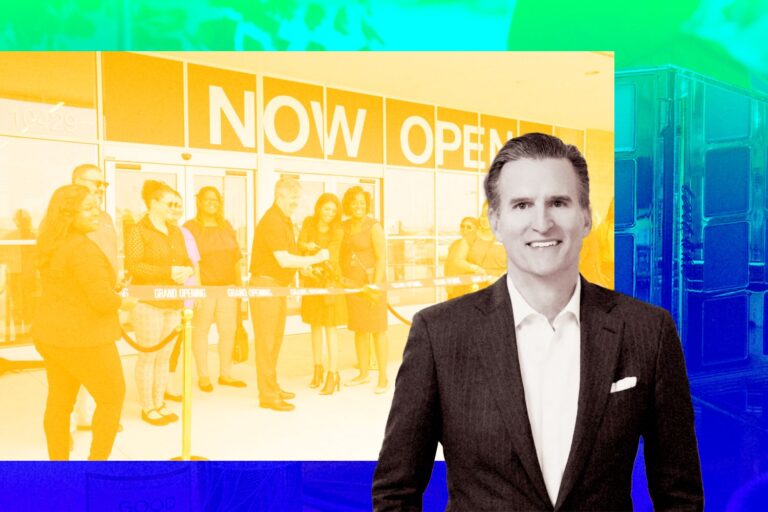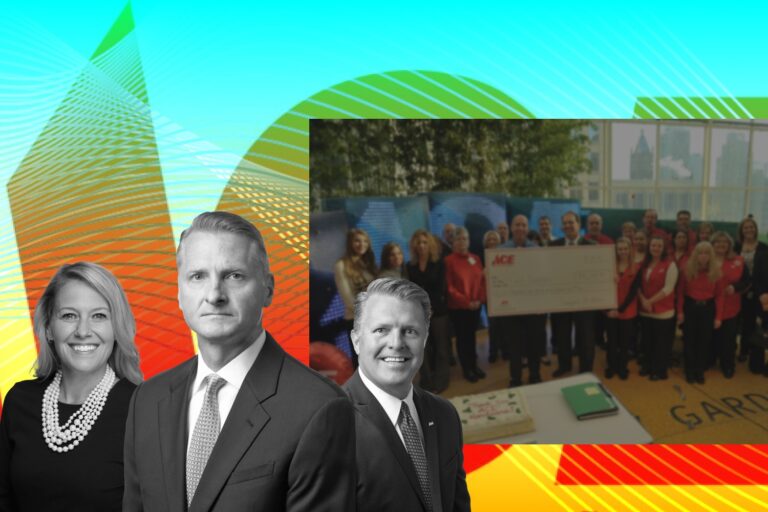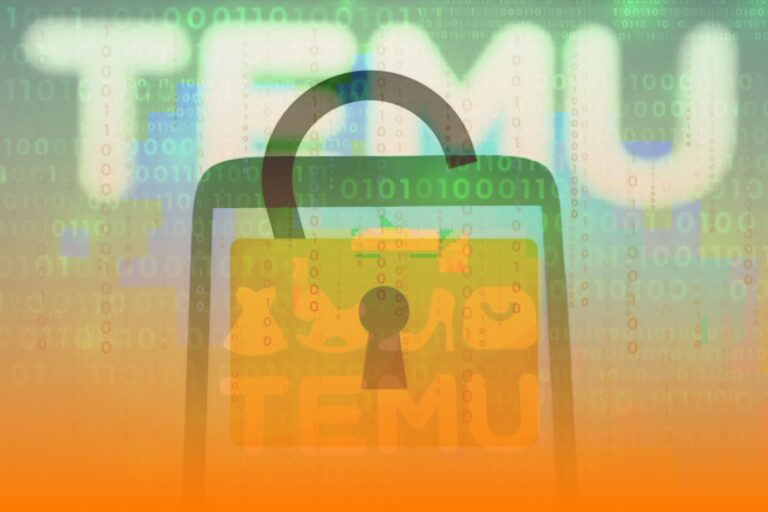Babylist’s Journey: From Founding Story to the Fateful Ingredient of Its Success
A recent Report Linker just announced a forecast of the online baby product retailing market and it is swelling by USD 24.76 billion during 2020 – 2024, which is progressing 20% of the CAGR at the end of 2020.
From the first day looking into this gap market, Natalie Gordon CEO of Babylist has gathered spectacular data that no one else sees. There are 400 million of gifts are giving off the platform, so she is trying to understand the users’ journey and also noticing how things has been changing over the years.
Some of the trends in this report including personalization, self-expression, expectation in shopping and how millennials are changing perspective. According to Gordon, millennials are spending best for their babies, and that the actual cost of products on the registry is going up to 20 percent since 2015.
Not to mention how hundreds brick-and-mortar baby stores has vaporized for the growth of Amazon has made this business model to appear to be more in need. Apparently, while most shopping moves online, consumers has lost the ability to touch and try items out before buying it in store. However, what they have gained is this whole online community of other mothers is the willingness to share their experiences about products.
“The way things are moving to a more technology-based shopping is good because people are constantly uploading videos about ‘what worked for my baby and what didn’t’” told Gordon. For the sake of parents’ needs, to have some places in order to feel in touch with the products, Gordon has taken that advantage and put it upon herself to yield that service. Turns out when it comes to baby products there has to be a connection to really reach customers.
Babylist’s Founding Story: Personalization as Specialty of This Model
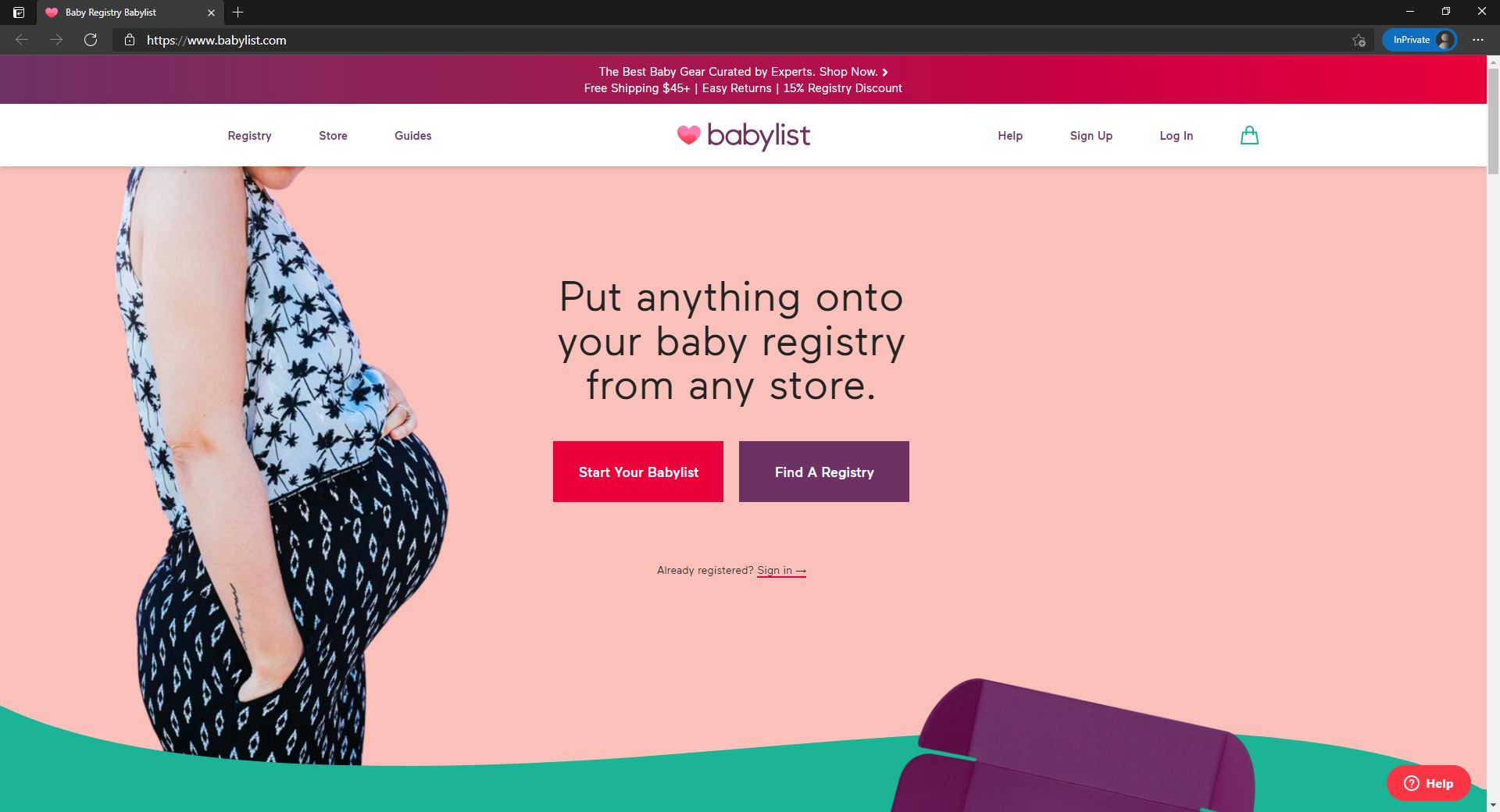
First of all, let us take a closer look at the company product, what are they serving?
For expecting parents, registries serve multiple purposes, for example, as checklist – where they could constantly add and deleting items. Parents are constantly consulting new sources of information, and rely on Babylist recommendations to navigate product decisions, which consider both practical and emotional factors. Besides, another target that would be included are gift givers who bring entirely different criteria to the equation, influenced by everything from family relationships to budget and baby shower etiquette. Yet how it came to be a bona fide business?
In term of Babylist, with all merchandise curated in one place, it allows parents-to-be to add any item from any store on its one registry. And in another major point of distinction, to smooth the personalized experience Babylist lets parents request unconventional items – from diaper service subscriptions to family memberships at children’s museums. Especially, they can also register to create cash funds that can be used toward everything from cooked meals to babysitters to college — and, most recently, life insurance.
Natalie Gordon and the Babylist’s Founding Story
Founded in 2011, Babylist is the brainchild of Gordon, a former Amazon software developer, and member of the team that launched AmazonFresh. After moving on from the giant, Gordon looked out to have something of her own, and there comes Lenguajero, an online language learning community that connected English and Spanish speakers in real-time.
However, she found a more personal way to put her programming skills and entrepreneurial spirit to work while pregnant with her first child. Unhappy with existing baby registry choices at the time, Gordon created a site that fit her needs by letting her register for items she really wanted as a new parent.
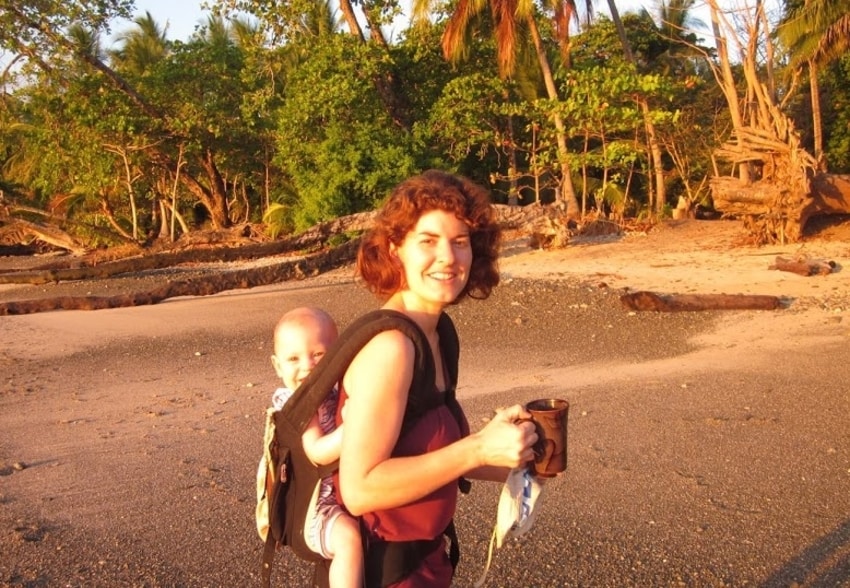
The entrepreneur shared on an interview with Omny.fm, where she was at the beginning of being between the baby and work, having someone to walk the family’s German shepherd is already the most meaningful gift she could dream of. Gordon also looks for a cloth diaper service so that someone could give her a month of diapers. Which are some very specific needs, but also really important to families – meaningful pregnancy needs that you cannot find all in one store.
In 2012, she was accepted to the 500 Startups, an accelerator program that helps grow promising startup companies. Armed with seed money, Gordon began spreading the word about Babylist through niche pregnancy blogs, customer reviews and word of mouth.
Soon, Gordon efforts gained many potential business partnership deals as it starts drawing attention amongst product manufacturers. Babylist began collaborating with these suppliers and started highlighting their products on its Instagram and Facebook pages, which earned the company even more customers.
Following this, Babylist has also expanded the company’s breath, as well as its income with the join of online retailers.
What Have Contributed to the Success?
As the third-largest baby registry in the US behind Amazon and Target, Babylist takes over the spot that was previously filled by Toy ‘R’ Us – who went bankrupt and closed 800 stores just around 2018. So, it mostly because of the shift to online has helped Gordon. 10 years ago, people might skip the service for their grandma cannot search the web, but for now it does not seem to be that way no more.
The company also noticed that US citizen are in a place where people do not have a local baby store anymore, consumer cannot go and push that stroller, such scenario is extinct for many Americans. Real touches are likely to be replaced with YouTube reviewing videos.
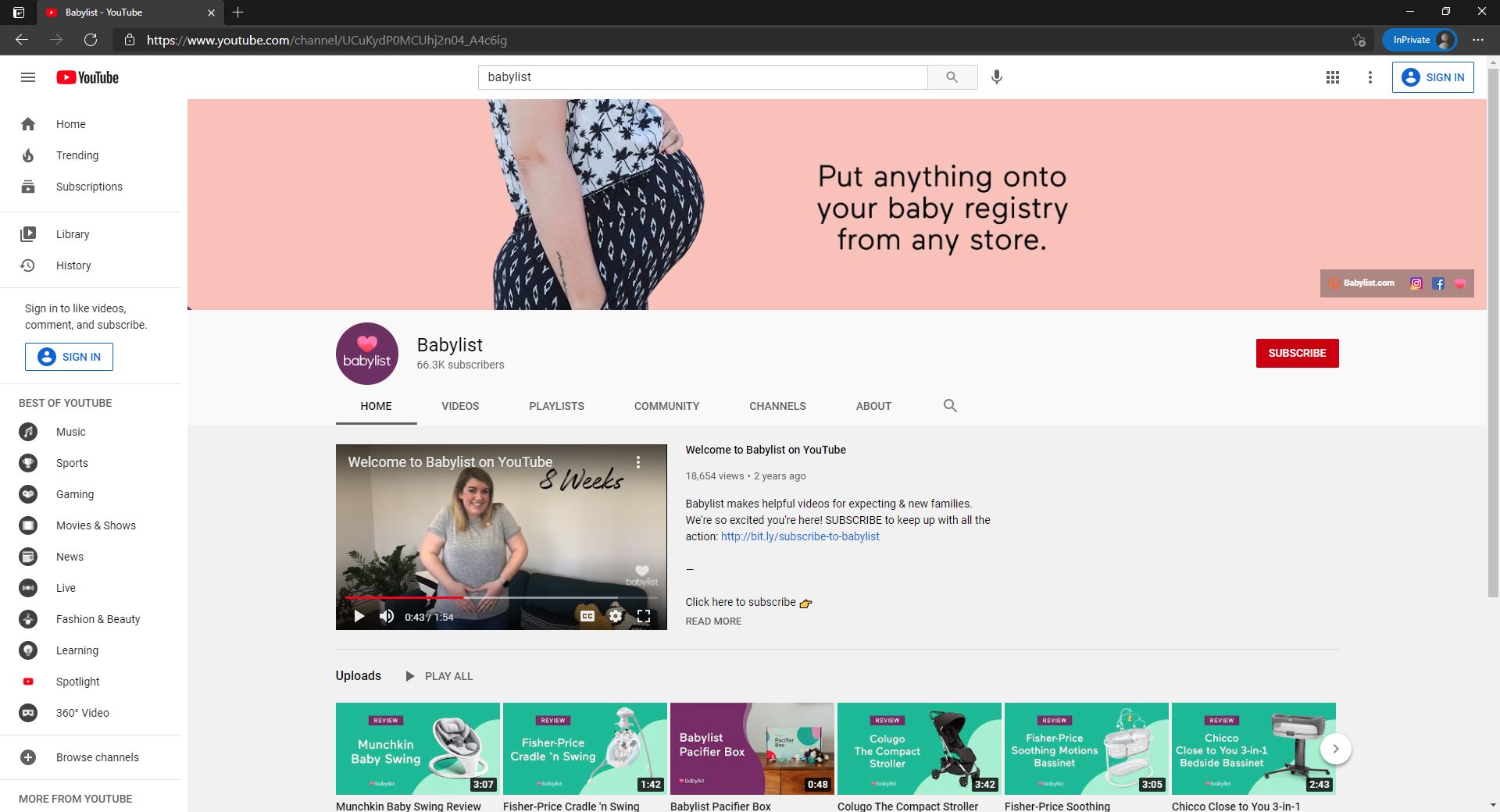
The entrepreneur also mentioned how this baby industry is just a life-stage industry and long-term loyalty could hardly be possible. It is a common sense that babies grow up and because the audience is constantly churning, startups and recent technology can become irrelevant within just a year. So, given this inevitable problem, where Gordon and her team feel they could differentiate themselves the most for a long-lasting business?
What Is the Secrete Sauce That Differentiates This Model?
It all downs to how the platform has ultimately helps shoppers make product decisions online. When you compare the company to other retailers like Amazon – who is amazing for choices, Gordon thinks the core of Babylist is you cannot actually find anything you want at one store. The way Babylist works is that you could rather add it from Amazon, from Target or any local brand you saw in Instagram.
It is more competitive to represent more baby friendly. Babylist utilizes a full editorial team that are creating very trusted content in helping you make these decisions. The real investment they have been making over the past two years and a half is in videos and delivering content such as best-of guides to educate and help shoppers select the right gift – which is more meaningful as well as necessary than just any registry services when it comes to baby.
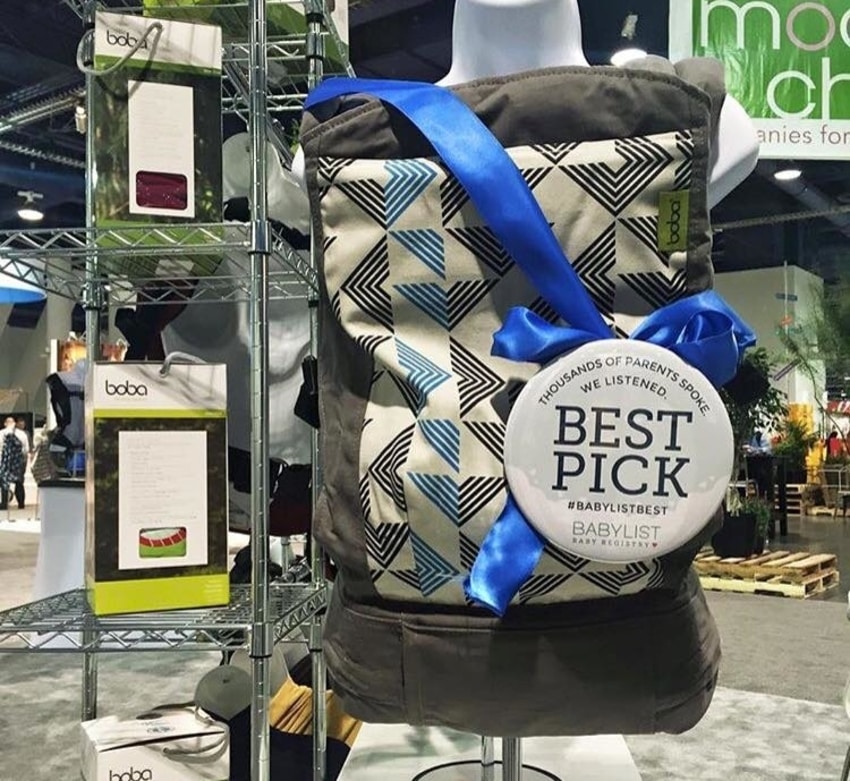
Besides, Gordon also talked on how the company is figuring out what customers really need, and the first step is to personalized baby registry checklist, for now is through quick quizzes. She also mentioned the key value in her content is how the team understands their audience are not-yet-parents or just parents-to-be so besides giving them diapers, Gordon let them knows what type of diapers their baby might need at different stages and so on. Through which, the company sends out a message that shoppers do not need to spend thousands to be good parents – another plus for Babylist as consumers cannot find this spirit elsewhere.
After all, such a potential concept this is to introduce networking between parents, families, and vendors since baby rituals has always been social.
How the Babylist Is Making Most Use of Its Multi-Retail Data and the Biggest Challenge?
For about 8 years, all the purchases were happening off the BabList at the other retailers as an affiliate. Yet as of 4 recent years, Gordon has decided to really look out for investors and have her own operation to diversify.
Gordon claims the vision she is having for now is looking for brands and retailers to partner, at the same time, expanding into products manufacturing. However, for now Babylist is working quite close to retail partners at the same time source product from manufacturers. Which is done is a smart way because the company has such rich cross-retailer data, it can see what is picking up in direct-to-consumer, for example the most popular bottle model at the time being and create relationships with those up-and-coming brands. Apparently, the math running under that movement is from its rich source of multi-retail data.
Since utilizing data is like the foundation of any techy business, Babylist serves it in many styles. One of them is choosing the products that the platform will carry, another is making sure that its audience of expecting parents are updated with what is new and up-and-coming.
Besides, data at Babylist is also used in e-Commerce and inventory forecasting so the company can make the right buying decisions and mitigate inventory risk. Especially, the company most focal point for now is to personalize product recommendations and experience, in brief, expecting family that is very high income who may is looking at products from expensive boutiques, would be served just as well as family that is incredibly value conscious.
At the same time, multi-retail is also a challenge?
However, there is a downside as you are sourcing to many sources, there would be thousands of ‘must-have’ items at thousand varied prices from retailers’ lists which is very confusing for shoppers. Like back in the day when you are entering Babies ‘R’ Us and just felt completely overwhelmed for not knowing what any of this stuff was.
Toward this problem, Gordon claims she is doing the contrast compared to others. While competitors feel like if they are able to spot out the top three products it would taking away a lot of that decision making and be helpful. Yet at her platform, Gordon wants to deliver a different message, she knows users like to feel like they have all the right choices to make for themselves and their family so Babylist is rather more focus on educational content, and the sake of this life stage.
The Bottom Lines
As any successful business, Babylist could really addresses a real need. Where it has been built around the idea that no two families are alike, and every new family needs their own unique package of baby products – regardless of where its sold. Not to mention how its founder Natalie Gordon has found the perfect gap in the baby industry that in need to be filled, yet in her own way that it can stand out!

